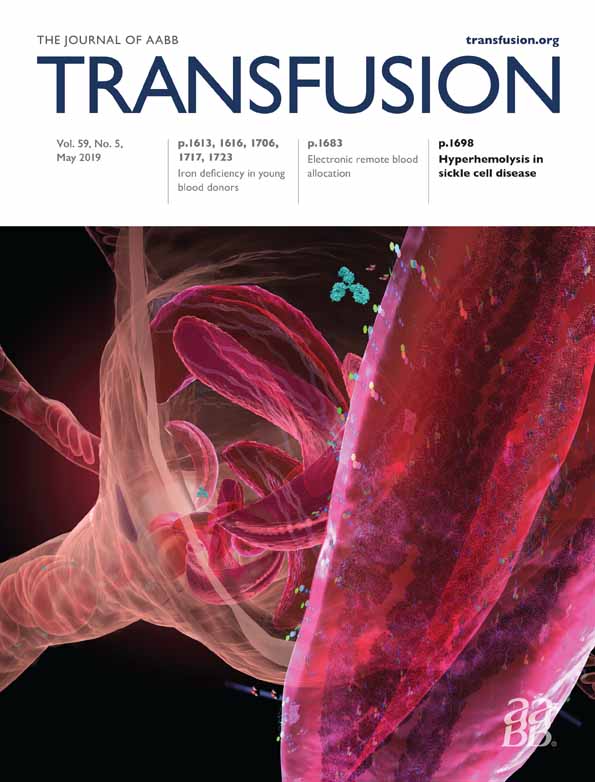Etoricoxib-induced immune hemolytic anemia: first case presenting acute kidney failure
Abstract
BACKGROUND
Etoricoxib is a selective inhibitor of cyclooxygenase 2 used mainly to treat osteoarticular pain. Here, we report the case of a patient who developed acute kidney failure and immune hemolytic anemia after the use of etoricoxib.
STUDY DESIGN AND METHODS
An 83-year-old female patient developed immune hemolytic anemia and acute kidney failure after treatment with etoricoxib for articular pain. Given the acute kidney failure, she required five hemodialysis sessions. She was discharged after 17 days. The case of immune hemolytic anemia and kidney failure was fully resolved.
RESULTS
The direct antiglobulin test was not only positive for IgG but also for C3b and C3d, showing a very intense reactivity (++++). The eluate's reactivity was weaker (++) and showed no defined specificity. The investigation of unexpected antibodies in the serum of the patient showed a reactivity pattern similar to the eluate's: weak reactivity without specificity. The serum of the patient was compared to urine and plasma samples of two groups of volunteers. The indirect antiglobulin test showed only a very strong reactivity with the urine samples of the volunteers who had received etoricoxib.
DISCUSSION
Considering that positive eluate is not the typical serologic profile of drug-induced immune hemolytic anemia, developing in-house techniques to show the causal link between them may be of interest to guide the treatment and avoid the empirical use of drugs.
CONCLUSION
Etoricoxib must be considered as a possible cause of acute kidney failure in cases of immune hemolytic anemia.




